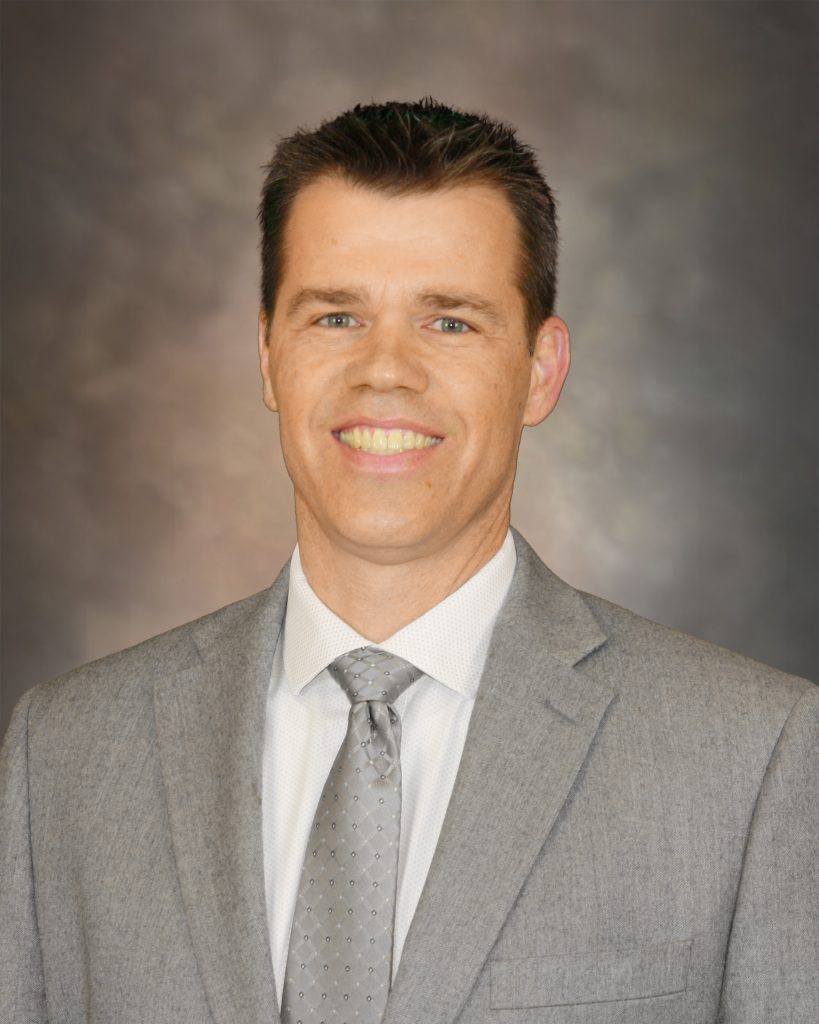Salinas Valley State Prison (SVSP)
Main Phone: (831) 678-5500
Physical Address: 31625 Highway 101, Soledad, CA 93960 (Directions)
- Institution: P. O. Box 1020, Soledad, CA 93960-1020
- Inmate Mail: P. O. Box 1050, Soledad, CA 93960-1050
(make sure to include Inmate’s Name and CDCR number as well as last known housing)
Visiting an incarcerated person: learn how to visit an incarcerated person at our institutions.
Other Resources: explore family & friends resources, including how to contact or send packages to those incarcerated in our institutions.
Inmate Educational Programs
Salinas Valley State Prison offers both General Population (GP) programs and Voluntary Education Programs (VEP). GP programs offer Adult Basic Education (ABE) I, II, & III level classes to assigned inmate students. The VEP programs offer Adult Basic Education coursework as well, but inmate students voluntarily enroll in the programs. VEP teachers also help coordinate and serve as proctors for students enrolled in college courses. These programs are available to inmates on all the facilities. Additionally, SVSP offers a Career Technical Education Computer Literacy program. This program allows students to earn certifications in basic computer programs and provides them with the skills necessary for entry level positions requiring the use of computers. Completion of the course also provides a foundation for more advanced computer classes and training.
Inmates are offered lower level assistance and tutoring with the Pro-Literacy program in the VEP classes and with the Scottish Rites Program over the institution’s closed circuit television system. The higher level inmate students have opportunities to get a General Education Certificate (GED). GED instruction is offered on the institution’s closed circuit television system as well as in the classroom setting. A High School Diploma program is also available to inmate students who have a minimum amount of credits to earn.
SVSP also offers education services to inmates in the Developmental Disability Program (DDP) with a credentialed special education teacher and a teaching assistant to meet the needs of the DDP population. In addition we have an Isolation Population program to meet the needs of the Enhanced Outpatient Program (EOP) students. Both of these programs will assist the EOP and DDP students to meet the same goals as the general population students. Each student has the opportunity to achieve basic literacy, GED or high school equality, and college program.
Inmate Self Help Programs and Volunteer Programs
SVSP offers multiple self help groups and volunteer programs. The institution is continually striving to help facilitate a productive growth of new programming. These programs are designed to enable the inmate population a way to express themselves in a non-violent manner and/or utilize various coping mechanisms, with the overall goal of reducing adverse behavior and recidivism rates to those who participate.
Current Programs:
- Alcoholic Anonymous (AA) -Volunteer facilitators teach 12- step recovery program where inmates learn to acknowledge alcohol addiction and the need to live a sober life.
- Narcotics Anonymous (NA) – Volunteer facilitators teach 12- step recovery program where inmates learn to acknowledge narcotic addiction and the need to live a sober life.
- Veterans Group – Self Help sponsors provide aid and support to inmates that are Veterans relating to benefits, Post Traumatic Stress Disorder (PTSD) and substance abuse.
- Veterans Group – Self Help sponsors provide aid and support to inmates that are Veterans relating to benefits, Post Traumatic Stress Disorder (PTSD) and substance abuse.
- Breaking Barriers – Self Help sponsors follow an established curriculum with the specific purpose of breaking an inhibiting cycle of conditioned habits and help inmates become more productive and fulfilled human beings while learning about the body of knowledge found in cognitive psychology.
- Alternatives to Violence (AVP) – Volunteer facilitators teach how to deal with anger in a positive manner.
- Inside Men’s Foundation Support Group – Volunteer facilitators follow an established curriculum which creates an environment that inmates can work toward exploring the issues that have prevented them from living up to their full potential.
- Ojai Council Leadership Collaborative – The OCLC volunteers provides training and support in practicing and facilitating Council so as to create a heightened sense of common purpose and positive community at SVSP OCLC. Inmate facilitators attend workshops to facilitate Council. The OCLC provides inmates with an opportunity to perceive and experience their incarceration as an opportunity for personal transformation and to build skills in self-expression and self valuation while building self-esteem and communication skills, improving family dynamics and preparing in other ways for reentry into society.
- Lifer Support Group – The group’s purpose is to raise awareness and improve attitudes while helping Life Term prisoners adjust to a more focused disciplined and structured life within their environment. The group shall deal with issues such as self-esteem, positive behavior, personal character, conduct and anger management.
- Anger Management – Self Help sponsors follow an established curriculum with the purpose of managing anger, emotional intelligence, and empathy awareness.
- Writer’s Workshop – Volunteers provide an opportunity for Enhanced Outpatient Inmates to develop their ability to express ideas and experiences in writing. Creativity is a way inmates can come to know and own the events and feelings of their lives and expand them from personal suffering into communal experience. In breaking the silence, the journey toward wholeness begins.
Religious Programs
The institution offers the following Volunteer Programs:
- The Urban Ministry Institute (TUMI) – Volunteers equip inmates to become pastors and church leaders, both on the “inside” for lifers, as well as for those who return to their urban communities.
- Bridging Program – Faith based (Christian) program primarily to help individuals break their addictions, learning to change their thinking and feelings to, in turn, promote change of their behaviors. In-prison activities with educational programming based on cognitive-behavior therapy emphasize rehabilitation above deterrence, employing evidence based strategies compounded with the Christian faith.
- Prayer and Share – Volunteers apply God’s Word to the wounds that one may encounter as a Christian so that healing and restoration may begin. Through interaction, biblical guidance and encouragement to overcome and persevere through life’s issues.
The institution offers the following Religious Services:
- Protestant Services – Bible study, Choir, & Left Hand Path
- Catholic Services
- Jewish Services
- Native American Services – Sweat Lodge & Talking Circle
- Muslim – Islamic Jumaa Services and Talim Program
- House of Yahweh
- Neterian Services
- Wiccan Services
- Odinist Services
- Buddhist Services (volunteers)
- Mormon Services (volunteers)
- Jehovah Witness (volunteers)
- Siddha Yoga (volunteers)
- Christian Science (volunteers)
- Latter Day Saints (volunteers)
Family Liaison Services
Through the Office of Community Partnerships (OCP) the institution provides Family Liaison Services (FLS) to inmates within the institution. The purpose of this program is to alleviate inmate anxiety during incarceration and to promote family unity and reunification to increase the number of parole successes, reduce recidivism and enhance public safety. The inmate’s ability to resolve family problems is often exacerbated by the fact that inmates may be incarcerated in one part of California while their families and personal ties may be hundreds of miles away. Friends Outside provides the following FLS to our inmate population:
Case Management Services
- Support for personal and family prerelease preparation
- Support during family emergencies
- Support for family reunification
- Information regarding child custody and parental rights
- Liaison with social workers, attorneys, and others
Parenting for Incarcerated Parents
- Individual consultation on parenting issues and concerns
- Facilitated parenting groups that meet court requirements
Creative Conflict Resolutions
- Facilitate inter-racial and inter-cultural groups focused on resolving differences
Anger Management
- Facilitate groups focused on managing anger, emotional intelligence, and empathy awareness for both court-ordered and non court-ordered participants
Fatherhood Focus
Individual, structured program designed to enhance responsible fathering
DRP Programs
Integrated Substance Use Disorder Treatment (ISUDT)–Overview
On January 21, 2020, the California Department of Corrections and Rehabilitation (CDCR) and California Correctional Health Care Services (CCHCS) implemented ISUDT. ISUDT is a comprehensive and evidence-based cross-divisional program with pathways to treatment through DRP Cognitive Behavioral Interventions (CBI) programs referred to as:
CBI-Intensive Outpatient (Medical Classification T1, SOMS assignment code ISI) 2-hours/day, 5-days/week, 52-weeks completion
CBI-Outpatient (Medical Classification T2, SOMS assignment code ISO) 2-hours/day, 3-days/week, 14-weeks completion
CBI-Life Skills (Medical Classification T3, SOMS assignment code CB2) 2-hours/day, 3-days/week, 29-weeks completion
All participants will be assessed by medical and referred to one of the CBI classes.
Salinas Valley State Prison is located in Monterey County on the Pacific Central Coast of California, famous for some of the world’s most beautiful coastlines. It also features the well-known destinations of Pebble Beach, Big Sur State Park and the John Steinbeck Center. Monterey County offers ideal climate, cultural diversity, and a unique blend of small-town and bigger city opportunity, all make this location a desired place to live, work and play.


Productivity and self-improvement opportunities are provided for inmates through academic classes, work programs, religious and self-help groups. SVSP is continually moving forward to increase the quantity and quality of programming afforded to the inmate population in an ongoing effort to help reduce recidivism. SVSP was constructed to meet the access requirements of the Americans with Disabilities Act (ADA). SVSP has been designated to house Level I, III, and IV inmates. The housing of these inmates is accomplished on a Minimum Support Facility (MSF), two 270 design facilities, two 180 design facilities and a 100 cell standalone Administrative Segregation Unit (ASU). SVSP has a Correctional Treatment Center (CTC) where inmates receive professionally supervised health care in an inpatient setting. SVSP provides Correctional Clinical Case Management System (CCCMS), Enhanced Outpatient Program (EOP) and Mental Health Crisis Bed (MHCB) for those inmates requiring mental health services. SVSP also houses inmates who meet the criteria of the CDCR Disability Placement Program (DPP) excluding DPV, DPH and DPS.
This facility provides both outpatient and inpatient mental health services for patients with a serious mental disorder. The licensed Psychiatric Inpatient Program at this facility is designed to provide more intensive treatment for patients who cannot function adequately or stabilize in an outpatient program.
The mission of Salinas Valley State Prison (SVSP) is to provide long-term housing and services for minimum and maximum custody male inmates. In doing so SVSP offers educational, religious and self-help programming in the ongoing effort to help alleviate adverse behavior and reduce recidivism within the prison system. SVSP employees take pride in their continual efforts to ensure the delivery of services to the inmate population and in their primary mission of ensuring public safety and trust.
The SVSP motto: COURAGE, INTEGRITY, PROFESSIONALISM

Charles Schuyler has served as acting Warden at Salinas Valley State Prison since July 2023. Prior to this assignment, Mr. Schuyler accepted the assignment of Chief Deputy Warden at SVSP, a position he held since March 2023.
Mr. Schuyler began his career in the Department of Corrections and Rehabilitation in 1997, as a Correctional Officer at California Correctional Institution (CCI), in Tehachapi, CA. From the timeframe of 2000 – 2022, he served in several positions at CCI, including Correctional Sergeant, Correctional Lieutenant, Correctional Captain and Associate Warden. In addition, Mr. Schuyler accepted a position as acting Chief Deputy Warden, at SVSP in November 2022 continuing in that role until his appointment in March 2023.

Scott Langevin is the CEO of Salinas Valley State Prison (SVSP).
Local Inmate Family Councils (IFC’s) are a gathering of family and friends of the incarcerated who meet regularly with Wardens to support visiting since keeping strong family connections with loved ones is a powerful rehabilitative tool. These IFC’s promote visiting by clarifying rules and regulations as well as discussing health, education, vocational training, packages, books, and related issues. For more information on connecting with a local IFC, please visit the Statewide IFC website.